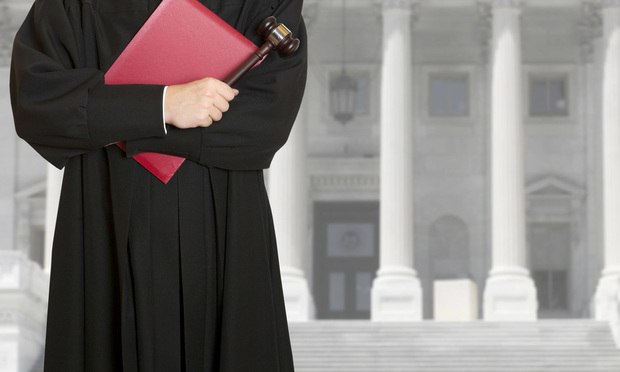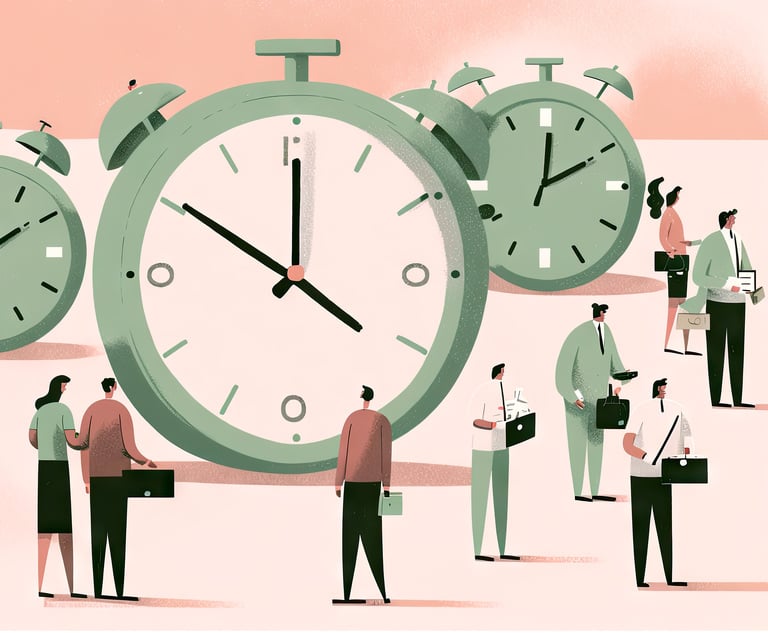This is the second installment of a three-part series.
Last week, I briefly reviewed the purpose and history of the Code of Juvenile Justice, especially with regard to waiver to adult court, and how the virtually unchecked discretionary authority of prosecutors has created procedural and substantive conflicts in the juvenile justice system. This week, I will focus on the toxic impact of “prosecutorial waiver,” and also address why the outcry against two highly qualified and experienced judges is an under-informed misdirection of priorities that threatens the most important guarantee to justice for all—judicial independence.
This content has been archived. It is available through our partners, LexisNexis® and Bloomberg Law.
To view this content, please continue to their sites.
Not a Lexis Subscriber?
Subscribe Now
Not a Bloomberg Law Subscriber?
Subscribe Now
LexisNexis® and Bloomberg Law are third party online distributors of the broad collection of current and archived versions of ALM's legal news publications. LexisNexis® and Bloomberg Law customers are able to access and use ALM's content, including content from the National Law Journal, The American Lawyer, Legaltech News, The New York Law Journal, and Corporate Counsel, as well as other sources of legal information.
For questions call 1-877-256-2472 or contact us at [email protected]







